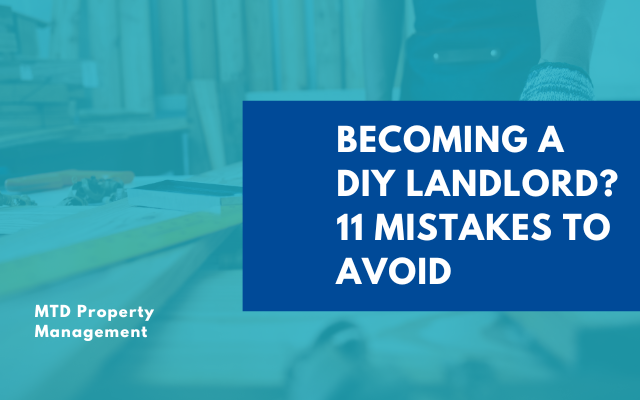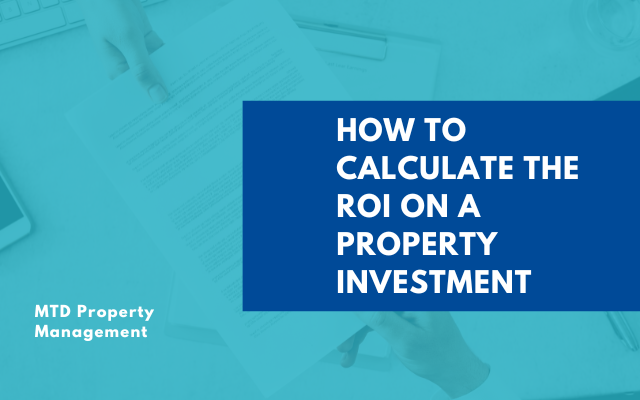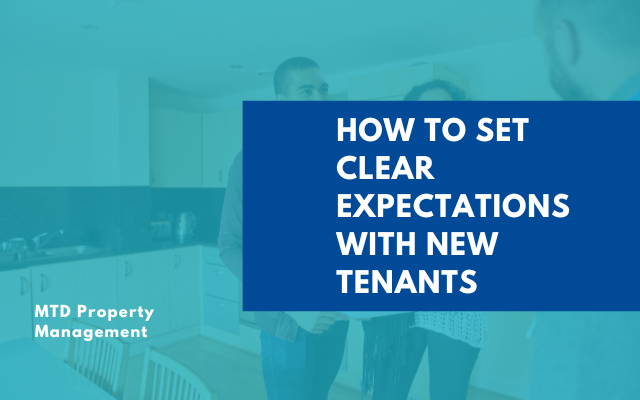
Key Takeaways
- Understand Your Time Commitment: Managing rental properties requires significant time for tasks like tenant screening, maintenance, and legal compliance.
- Prioritize Thorough Tenant Screening: Implement comprehensive background checks to select reliable tenants and minimize potential issues.
- Use Well-Crafted Lease Agreements: Ensure lease agreements are detailed and tailored to your property to protect against legal disputes.
- Stay Informed on Local Laws: Familiarize yourself with local and state landlord-tenant laws to ensure compliance and avoid legal pitfalls.
Taking the leap into becoming a DIY landlord might seem like a smart move. After all, managing your rental property yourself can save you money and give you direct control over your investment.
But like any business venture, being a landlord comes with its own set of challenges. Without the right experience, knowledge, or systems in place, it's easy to make costly mistakes that can drain both your wallet and your time.
Whether you're just starting out or looking to sharpen your skills, these tips from the team at MTD Property Management are designed to help you manage your rental more effectively and protect your investment. Keep reading to learn more!
Underestimating the Time Commitment
Managing a rental property is not a passive income stream if you're handling everything on your own. From tenant screening and rent collection to maintenance calls and legal compliance, the daily demands can add up quickly.
Many landlords think they can handle it all on evenings and weekends, only to find themselves overwhelmed. Before deciding to self-manage, consider how much time you're realistically able to commit.
Not Screening Tenants Properly
One of the most common mistakes DIY landlords make is rushing the tenant screening process. Accepting the first applicant without doing thorough background checks, verifying income, and contacting references can lead to tenants who pay late, damage your property, or violate lease terms.

Always have a standardized screening process in place to ensure you're selecting reliable, responsible renters.
Using Poorly Written Lease Agreements
Your lease agreement sets the rules for your rental relationship. Unfortunately, many DIY landlords use generic leases downloaded from the internet or recycled from other landlords without customizing them for their property or local laws.
A weak lease can leave you exposed to legal risk and make it difficult to enforce your rules. Work with a legal expert or real estate attorney to craft a solid, state-compliant lease.
Ignoring Local and State Laws
Landlord-tenant laws vary by location and cover everything from security deposit limits to eviction procedures.
Failing to follow these laws can lead to fines, lawsuits, and even the loss of your right to evict a tenant. DIY landlords must take the time to study and stay updated on all relevant regulations in their area. Ignorance is not a valid defense in court.
Delaying Maintenance and Repairs
Some landlords put off repairs to save money or avoid the hassle. But postponing even small maintenance issues can snowball into expensive problems. A leaky faucet, for example, should be addressed quickly to avoid water damage and the costly repairs that can follow.
A broken heater during winter can lead to tenant complaints and code violations. Promptly addressing maintenance not only keeps tenants happy but also protects your property's value.

Mismanaging Security Deposits
Security deposit mishandling is a major pitfall. Many states have strict rules on how deposits should be stored, when they must be returned, and what deductions are allowed.
Failing to provide itemized deductions or returning the deposit late can result in penalties. Always document the property condition before and after tenancy, and follow your state's security deposit laws to the letter.
Poor Communication With Tenants
Being accessible and responsive goes a long way in maintaining a good landlord-tenant relationship. If tenants can't reach you or don't get timely responses, small issues can escalate quickly.
Whether it's responding to repair requests, explaining lease terms, or resolving disputes, clear and consistent communication is key. Set expectations from day one on how and when tenants should contact you.
Failing to Keep Proper Records
DIY landlords often overlook the importance of documentation. Every payment, repair receipt, lease agreement, notice, or communication should be documented and stored securely.
Without solid records, you could face issues during tax season, tenant disputes, or court proceedings. Use property management software or even a well-organized physical filing system to keep your documents in order.
Skipping Rental Property Insurance
Homeowner's insurance isn't enough if you're renting out your property. As a landlord, you need a policy that covers liability, loss of rent, and damage caused by tenants.

Landlord insurance protects you in case of accidents, legal claims, or unforeseen disasters. It may cost more than standard insurance, but it's a must-have for any rental business.
Why Working with a Professional Property Management Company Makes Sense
While self-managing might seem like a good way to save money, hiring a professional property management company can actually protect your investment and increase your long-term profitability.
Property managers are experts in local laws, tenant screening, rent pricing, and maintenance coordination. They have systems in place to handle emergencies, collect rent, and resolve disputes efficiently.
With a professional team in your corner, you’ll avoid many of the mistakes listed above. For example, a property manager can ensure you’re using a legally sound lease agreement, properly handling deposits, and staying compliant with local laws. They also have access to wider tenant pools and can market your rental more effectively, minimizing vacancy periods.
Perhaps most importantly, a property manager gives you back your time. Instead of fielding calls at midnight or chasing down late rent payments, you can focus on other pursuits while your investment continues to generate income.
Bottom Line
Becoming a DIY landlord can be a rewarding experience, but it’s not without its pitfalls. From legal missteps and tenant troubles to maintenance woes and time management struggles, there's a lot to juggle.
If you decide to go the DIY route, take the time to educate yourself, create systems, and stay organized. But if you ever feel the weight of landlord responsibilities pulling you down, don’t hesitate to bring in the experts.
Real estate is a long-term investment. Making smart decisions now; including when to ask for help, can lead to better returns and fewer headaches down the road.
Contact us at
MTD Property Management to learn more about our services.









